Podcast: Play in new window | Download (Duration: 11:19 — 7.9MB) | Embed
Subscribe: Apple Podcasts | Spotify | Amazon Music | Android | Pandora | iHeartRadio | JioSaavn | Podchaser | Gaana | Podcast Index | Email | TuneIn | Deezer | Anghami | RSS | More
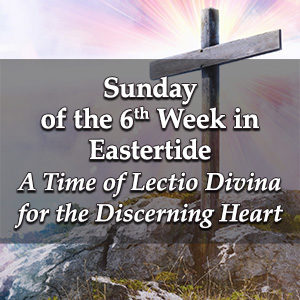 Sunday of the Sixth Week of Eastertide – A Time of Lectio Divina for the Discerning Heart Podcast
Sunday of the Sixth Week of Eastertide – A Time of Lectio Divina for the Discerning Heart Podcast
As you begin, take a deep breath and exhale slowly. For at least the next few moments, surrender all the cares and concerns of this day to the Lord.
Say slowly from your heart “Jesus, I Trust In You…You Take Over”
Become aware that He is with you, looking upon you with love, wanting to be heard deep within in your heart…
From the Holy Gospel According to St. John 15:9-17
Jesus said to his disciples:
‘As the Father has loved me,
so I have loved you.
Remain in my love.
If you keep my commandments
you will remain in my love,
just as I have kept my Father’s commandments
and remain in his love.
I have told you this
so that my own joy may be in you
and your joy be complete.
This is my commandment:
love one another, as I have loved you.
A man can have no greater love
than to lay down his life for his friends.
You are my friends,
if you do what I command you.
I shall not call you servants any more,
because a servant does not know
his master’s business;
I call you friends,
because I have made known to you
everything I have learnt from my Father.
You did not choose me:
no, I chose you;
and I commissioned you
to go out and to bear fruit,
fruit that will last;
and then the Father will give you
anything you ask him in my name.
What I command you
is to love one another.’
What word made this passage come alive for you?
What did you sense the Lord saying to you?
Once more give the Lord an opportunity to speak to you:
Jesus said to his disciples:
‘As the Father has loved me,
so I have loved you.
Remain in my love.
If you keep my commandments
you will remain in my love,
just as I have kept my Father’s commandments
and remain in his love.
I have told you this
so that my own joy may be in you
and your joy be complete.
This is my commandment:
love one another, as I have loved you.
A man can have no greater love
than to lay down his life for his friends.
You are my friends,
if you do what I command you.
I shall not call you servants any more,
because a servant does not know
his master’s business;
I call you friends,
because I have made known to you
everything I have learnt from my Father.
You did not choose me:
no, I chose you;
and I commissioned you
to go out and to bear fruit,
fruit that will last;
and then the Father will give you
anything you ask him in my name.
What I command you
is to love one another.’
What did your heart feel as you listened?
What did you sense the Lord saying to you?
Once more, through Him, with Him and in Him listen to the Word:
Jesus said to his disciples:
‘As the Father has loved me,
so I have loved you.
Remain in my love.
If you keep my commandments
you will remain in my love,
just as I have kept my Father’s commandments
and remain in his love.
I have told you this
so that my own joy may be in you
and your joy be complete.
This is my commandment:
love one another, as I have loved you.
A man can have no greater love
than to lay down his life for his friends.
You are my friends,
if you do what I command you.
I shall not call you servants any more,
because a servant does not know
his master’s business;
I call you friends,
because I have made known to you
everything I have learnt from my Father.
You did not choose me:
no, I chose you;
and I commissioned you
to go out and to bear fruit,
fruit that will last;
and then the Father will give you
anything you ask him in my name.
What I command you
is to love one another.’
What touched your heart in this time of prayer?
What did your heart feel as you prayed?
What do you hope to carry with you from this time with the Lord?
Our Father, who art in heaven,
hallowed be thy name.
Thy kingdom come.
Thy will be done on earth, as it is in heaven.
Give us this day our daily bread,
and forgive us our trespasses,
as we forgive those who trespass against us,
and lead us not into temptation,
but deliver us from evil.
Amen

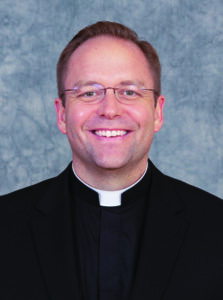

 A Sister of St. Thérèse: Servant of God, Léonie Martin – Bearer of Hope with Fr. Timothy Gallagher – Episode 9
A Sister of St. Thérèse: Servant of God, Léonie Martin – Bearer of Hope with Fr. Timothy Gallagher – Episode 9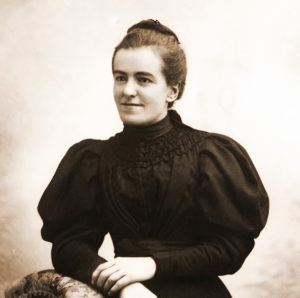
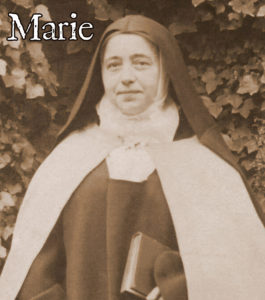
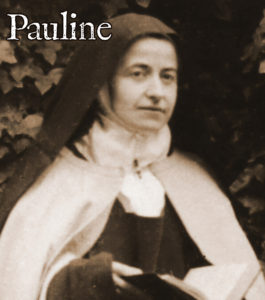


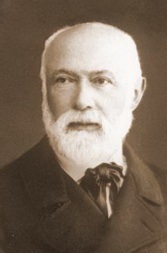
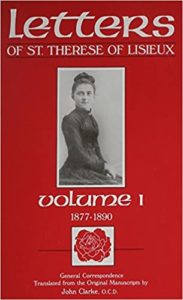

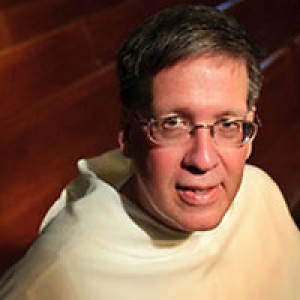

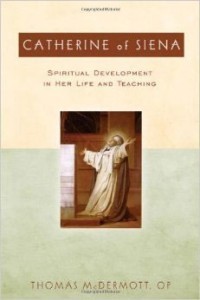

 Discerning Hearts Reflection Questions:
Discerning Hearts Reflection Questions:



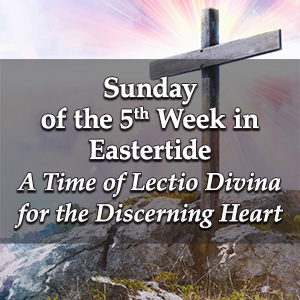 Sunday of the Fifth Week of Eastertide – A Time of Lectio Divina for the Discerning Heart Podcast
Sunday of the Fifth Week of Eastertide – A Time of Lectio Divina for the Discerning Heart Podcast